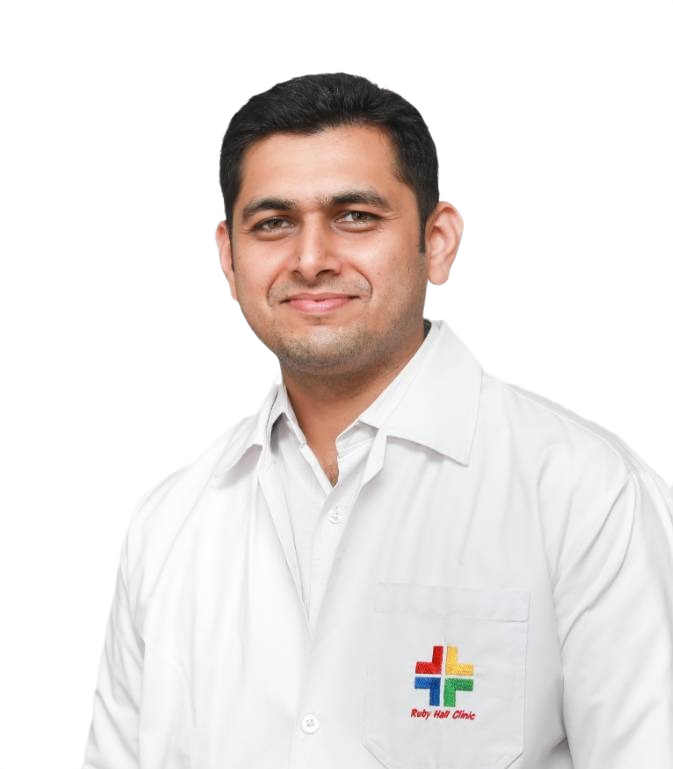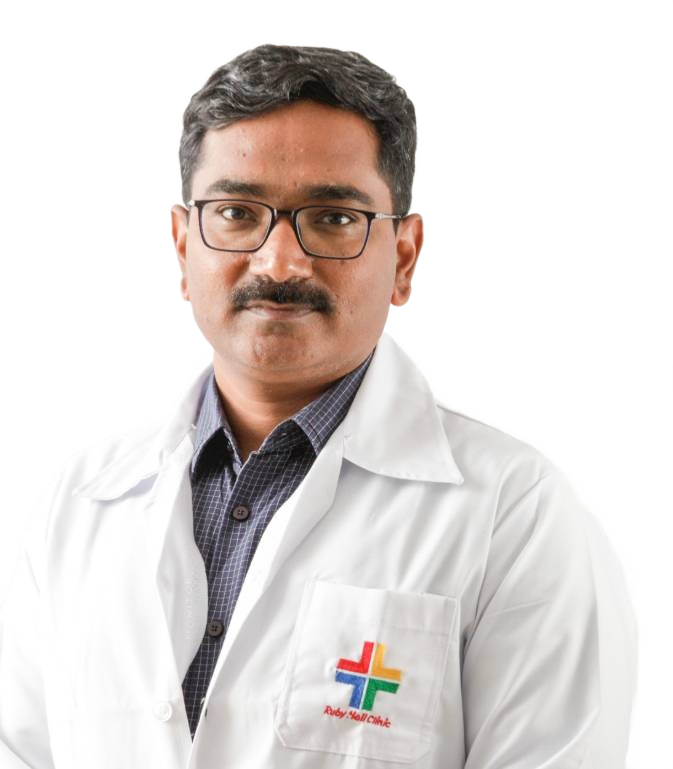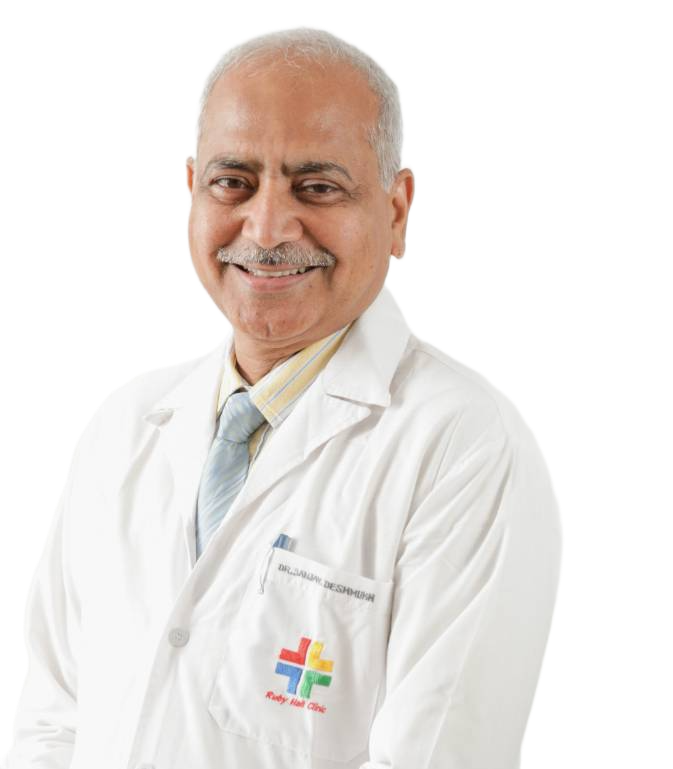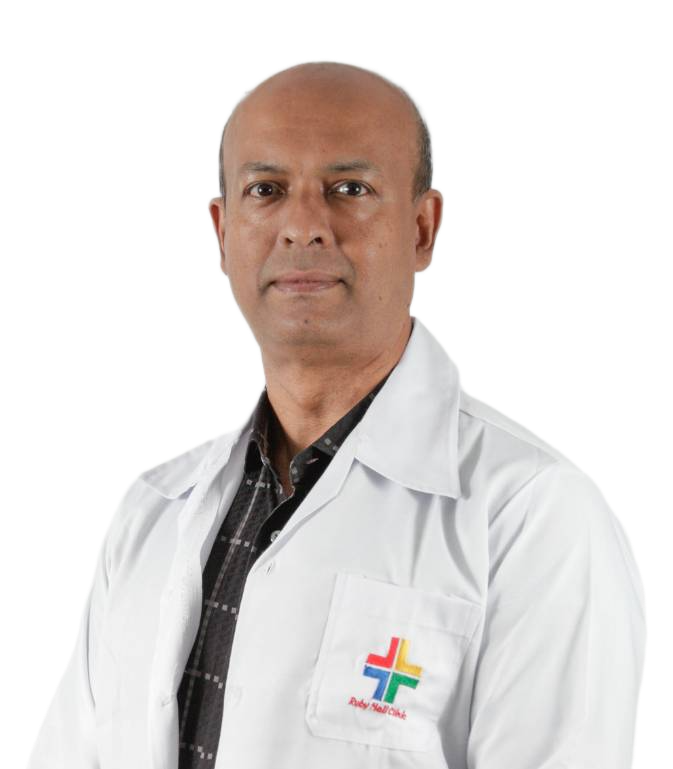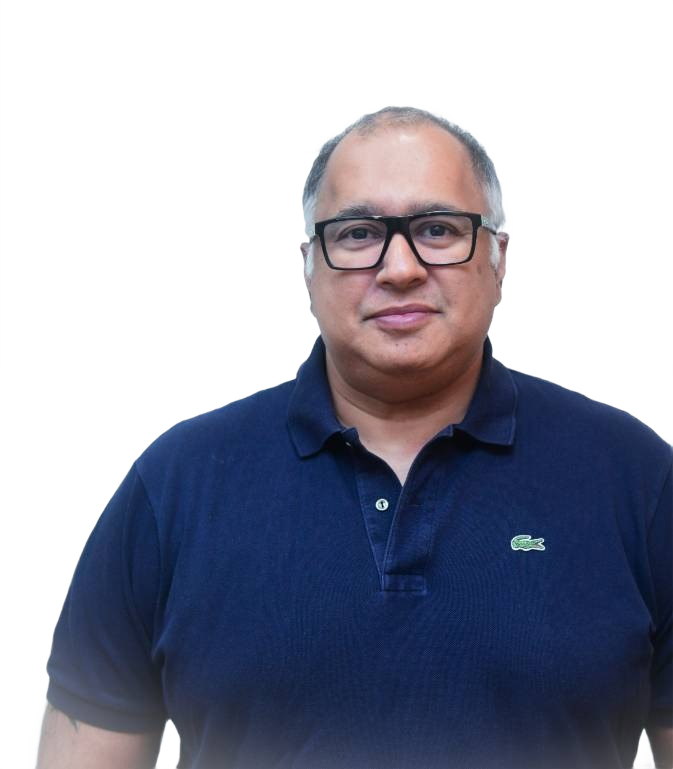
The Ruby Hall Clinic has established itself as a “comprehensive cancer care” provider by combining all cancer treatment facilities under one roof. It is considered one of the best cancer hospitals in Pune.
Along with support services like a Medical Social Works Department, conference room, pharmacy, radiation room, medical room, and surgical oncology departments, the facility also houses a research centre, an ultra-modern laboratory, and diagnostic facilities.
The bone marrow transplant unit in the hospital is at par with any other reputable centre and is performing exceptionally.
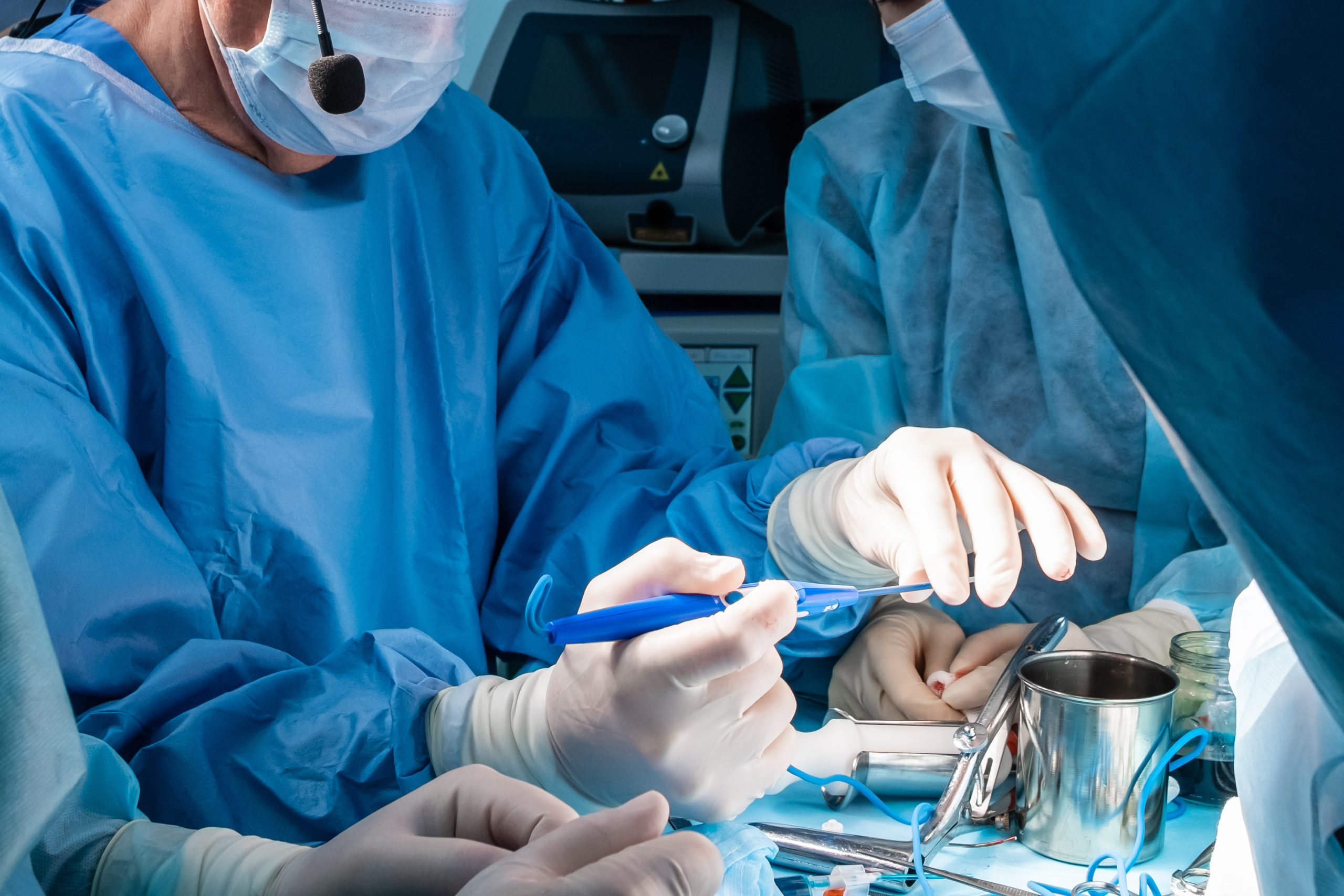
More than 30 percent Cancer occurs in the oral cavity and throat. Tobacco in different forms and abuse of alcohol are the main reasons for the increasing incidents in India.
Ruby Hall Clinic, being a tertiary care institute and prominent Cancer institute in India, gets large number of oral Cancer patients. Most of them are young males. Tongue Cancer and oral buccal Cancer are the most common in this category. Most of these patients are in the curative category but require extensive treatment in the form of surgery, radiotherapy and chemotherapy.
Ruby Hall Clinic is a pioneer in aesthetic surgical methods, cosmetically acceptable results with minimal functional morbidity. Free tissue transfer is one of the most important aspects in this surgery and is common in Ruby Hall. Oral defects resulting in inability to open mouth and facial disfigurement is avoided by free fibular bone flap molded in the shape of the excised segment of jaw bone and implanted with micro-vascular anastomosis. A further research to insert dental implants in this transferred bone is going on. Image guided radiotherapy resulting fewer complications is giving very good results.
Annually more than 500 patients undergo this surgery at Ruby Hall and remain free of disease. Post treatment rehabilitation in the form of physiotherapy, diet modification advise, dysphagia and speech clinics are available at Ruby Hall.
Breast Cancer is one of the few Cancers which is showing a trend of decline from its peak world over. In India the story is different, due to rapid urbanisation and multiple socioeconomic factors the incidence of breast Cancer has jumped to the number one position in women in India, surpassing cervical Cancer.
More than 80 percent patients diagnosed with breast Cancer are cured with modern treatment. Ruby Hall clinic started the endeavour of excellence in treatment of breast Cancer quite early. One of the first Centres to offer breast conservation surgery in India and amongst very few to offer sentinel node biopsy in 2004.
Comprehensive set up of state of the art pathology Department, radiology Department to diagnose early tumours with minimal invasive needle biopsies and treating small non palpable breast Cancer has been a long strenuous journey. Aesthetic results with oncomammoplasty is a standard practice at Ruby hall clinic.
Free tissue transfer, DIEP Flap, TRAM flap, pedicled flap are done by a team of expert senior plastic surgeons trained in USA and UK.
Scientific research and finding new treatment avenues and making the life better for breast Cancer patients has been a constant effort for many years. Ruby Hall organises bi-annual international conferences to get the experts in the field together to deliberate the best treatment options and is aptly labeled as ‘Recent Trends in Breast Cancer’. Multiple scientific papers are published in international and national journals on novel methods of treatment for breast Cancer. Maharashtra Medical University fellowship in breast cancer affiliated with the state government has been set up to train young surgeons in this complex field.
Breast conservation surgery has long been established as a safe option for the treatment of Breast Cancer. However, a routine Breast conservation surgery becomes an inadequate procedure if the tumour size is slightly larger in relation to the breast size (larger tumour : breast size ratio). Breast Oncoplasty involves application of plastic surgery techniques while conserving the breast, in order to improve the cosmetic outcomes. It helps in maintaining the size, shape and symmetry of both the breasts while allowing slightly larger volumes of resection. Apart from being safe oncologically, oncoplasty techniques impart aesthetically better results, enhancing quality of life. Three main steps involved in oncoplasty are – resection of primary tumour with adequate margins, remoulding / reshaping of the breasts and symmetrisation (either by reduction or by repositioning of the nipple) of the opposite normal breast, if required. Thus, it also helps in improving the appearance of both the breasts. All the procedures happen in one sitting and require hospital stay for 2-3 days. Most of the women can get back to work in 7-10 days.
The Centre for advanced GI Oncology at the Kamalnayan Bajaj Cancer Centre, Ruby Hall Clinic is one of the largest and most experienced Centres in India. The specialised Centre for Gastrointestinal Cancers was established with a focus on evidence based medicine and to provide patients with the best in medical care.
Multidisciplinary Patient Care is the hallmark of treatment at this state of art Centre. Each patient has a medical team dedicated to his or her care. This team includes experienced gastrointestinal (GI) Cancer specialists — gastroenterologists, endoscopists, diagnostic and interventional radiologists, pathologists, GI Oncology surgeons, medical oncologists, radiation oncologists, nurse practitioners and Oncology nurses — all of whom exclusively treat patients with GI Cancers.
Our team of diagnostic radiologists is nationally recognised for its expertise in using the most advanced imaging tools to safely and rapidly diagnose and stage GI Cancers or to detect changes in tumours.
Our achievements: High volume Centre for hepatopancreatobiliary surgery – Centre of excellence for pancreatic surgery in western India.
Pioneers in 3D laparoscopy – Aesculab state of the art laparoscopic system for advanced minimally invasive surgery in GI Cancers.
Among the few Centres in Western India to offer HIPEC therapy for selected Cancers.
Excellence in Surgical Care: Our GI Cancer surgeons have pioneered many now-standard procedures as well as minimally invasive surgical techniques that ensure rapid recovery and nerve preservation helping patients retain normal organ function.Our operating rooms include some specially designed to facilitate complex procedures, allowing GI surgeons to work side-by-side with multiple surgical sub-specialists.
High Volume Leads to Better Outcomes: Studies have demonstrated that high-volume experience results in improved outcomes for patients. As a high-volume GI Cancer surgery Centre, we are one of the leaders of pancreatic Cancer procedures in western India. We also are among national leaders for a number of complex procedures to treat GI Cancers and we have developed expertise in all the sub-specialities.
Our medical Oncology team is a vital part of our treatment protocols and have a vast experience in administration of novel treatment options including targeted therapy. Indwelling venous access devices ,ports and continuous infusion therapy in a state of the art day care Centre is available.
Many patients undergo ostomy surgery that alters their normal passage of elimination. Abdominal stomas are being constructed with increasing frequency in the treatment of various malignant, congenital, inflammatory and traumatic conditions.
The deprivation of normal control and alteration in physical appearance can have profound psychological impact.
The Enterostomal Therapist (ET) provides direct patient care to person with abdominal stomas, fistulas, draining wounds and incontinence, as an educator, consultant and researcher. With additional knowledge, specific skills and desirable attitudes an ET can be the turning point in the life of an ostomate especially when he is under severe strain and depression. An ET patient can resume his normal activities and regain his self esteem.
The life of the ostomate has been vastly improved by technical advancement in surgical techniques, prosthetic devices combined with the development in specialised stoma-care with the five phases of ostomy rehabilitation.
A fully developed unit with the services of a team of surgeons , pulmonologists and support staff has made the unit a standout performer in the Department. Aggressive management of oesophageal and lung Cancer has been able to reduce morbidity associated with these procedures.
We are one of the few Centres in the country to have dedicated surgeons specially trained in orthopaedic Oncology. Comprehensive care involving the surgeons, medical oncologists and rehabilitation teams have been the fulcrum running the service.
Incidence of Cancer in women is less compared to men, probably due to a less risky life.
Irony is in spite of less women getting affected by Cancer the mortality is almost similar to men. Inaccessibility of health services, male dominated society and careless attitude by men and women towards health of women is the main cause.
The most common gynaecologic Cancer in women is cervical Cancer and well recognised prevention is pap smear. Other most common Cancer in women is breast Cancer and has more incidence than cervix in urban areas. Information on breast Cancer is given separately. Ovarian Cancer and endometrial Cancer are other two very common Cancers in women.
Early diagnosis and surgery followed by radiotherapy or chemotherapy is mainstay of the treatment. Most of these Cancers require a proper oncological surgery and staging of the disease. Minimal invasive or laparoscopic surgery for cervical Cancer reduces surgical pain and is preferred over open surgery. Similar unnecessary or wrong laparoscopic surgeries can harm patients. Ovarian Cancer surgery is generally done by open surgical technique due to fear of spreading the tumour cells by laparoscopic surgery.
HIPEC or heated intraperitoneal chemotherapy during surgery is one of the most promising techniques for improving result of the surgery after complete removal of tumour. Also called as complete cyto-reductive surgery.
Ruby hall surgical Oncology team is pioneer in most of these techniques due to efficient surgical team and good infrastructure. Results of last ten years of these surgeries show improved quality of life and overall survival in these Cancers.
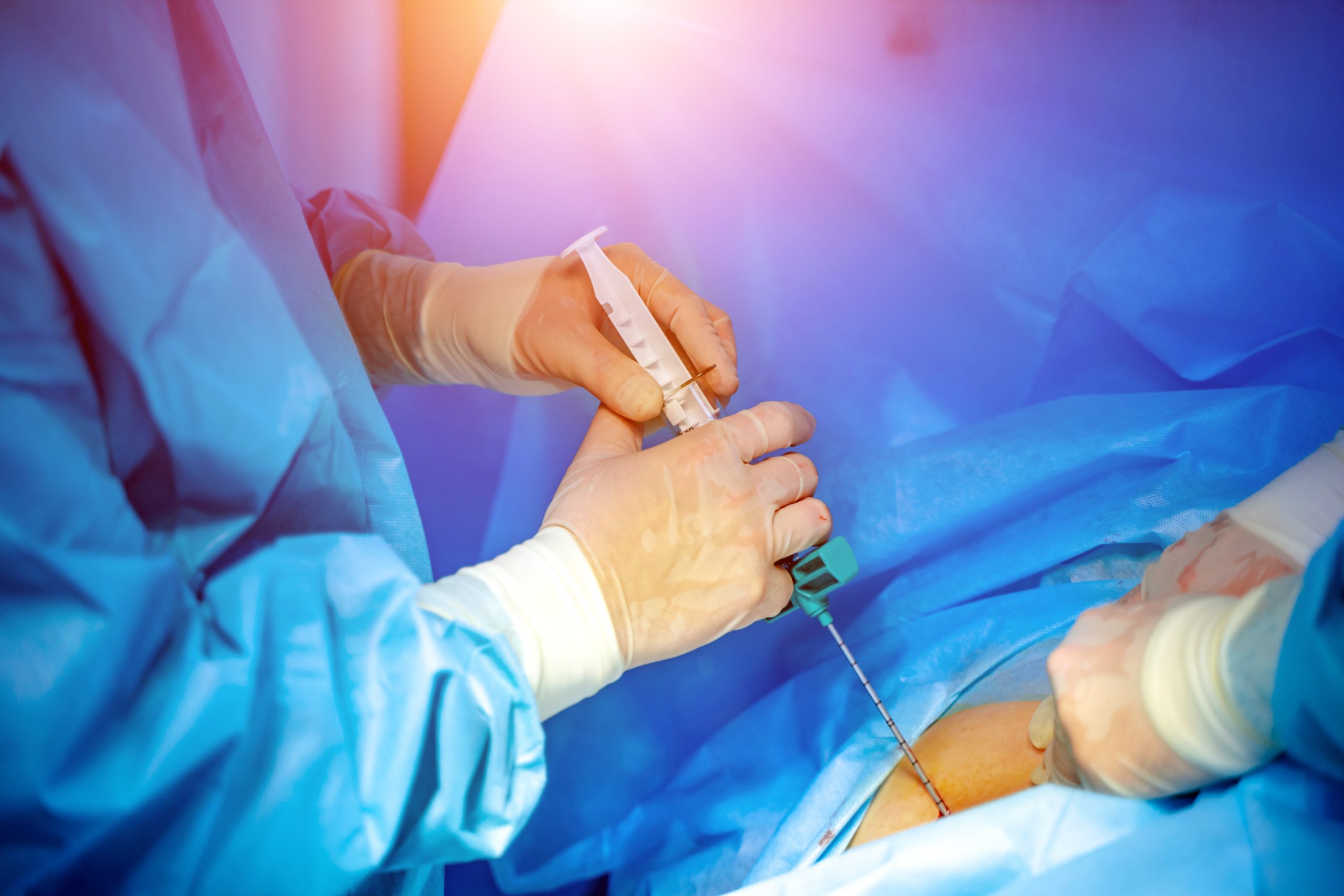
Dr Vijay Ramanan is the FIRST individual Patron of European Society of Blood and Bone Marrow Transplant in India. He heads the Ruby Hall Clinic Centre for Bone Marrow Transplant (RHCBMT) is the one of best in India and most innovative in Asia.
RHCBMT is a stand alone dedicated facility, equipped with ultra-modern infrastructure and internationally trained, widely experienced faculty. The Centre is supported by state-of-the-art laboratory services and transfusion services, along with a fully equipped radiation Oncology unit with facility for total body irradiation. The Centre offers both allogenic and autologous transplant using bone marrow, peripheral blood stem cells and cord blood stem cells for various benign and malignant disorders like Thalassemia, Aplastic Anaemia, Leukemia, Lymphomas, Multiple Myelomas, autoimmune disorders and Advanced Solid Tumors.
KEY DEPARTMENT HIGHLIGHTS
Bone marrow transplantation is a procedure wherein stem cells from bone marrow that produce various blood cells like red blood cells, white blood cells and platelets are injected into a recipient. These stem cells are also referred to as hematopoietic stem cells. Nowadays, hematopoietic stem cells may also be obtained from peripheral blood after treatment with certain growth factors or from umbilical cord. Thus, the term “Hematopoietic stem cell transplantation” is now preferred to “Bone marrow transplantation” to include these other sources of hematopoietic stem cells.
The bone marrow is a soft, spongy portion within a bone. It contains immature cells called stem cells that have a continuous ability to produce different types of blood cells i.e. red blood cells, white blood cells and platelets. These are released into the blood stream. Bone marrow is of two types, red marrow and yellow marrow. In children, most of the marrow is red marrow and is rich in stem cells. In adults, however, a large portion of the bone marrow is converted into yellow marrow due to infiltration of fat cells. Red marrow in adults is usually restricted to a few bones like the hip bones, breast bone, ribs, shoulder blades, skull, backbone, and the ends of the arm and thigh bones.
BMT is actually means infusion of stem cells (collected either from bone marrow or peripheral blood or cord blood) into the recipient. The type of bone marrow that is used for the transplant distinguishes the different types of BMT.
USP:

1. Cancer Centre at Ruby Hall Clinic offers state-of the-art treatment for patients with brain tumours, spinal cord tumors, and neurological complications from Cancer.
2. Multidisciplinary approach to patient care is provided by skilled & experienced physicians & neurosurgeons.
3. Our specialists in Neurosurgery, Radiation Oncology & Imaging bring their expertise to every case & develop a personalized treatment plan for all our patients.
4. The Centre is very well equipped with latest advanced CT Scanner, MRI Scanner and PET Scanner for Neuro imaging evaluations & treatment plan.
5.We have weekly meetings to reviews each patients case to ensure they receive the best care possible.
6.Neurosurgeries are done in exclusive Neuro operation theatre equipped with state of the art Zeiss Pentero Operating Microscope, Aesculap Drilling Equipment, Medtronic Neuronavigation and Neuromonitoring equipment, CUSA etc.
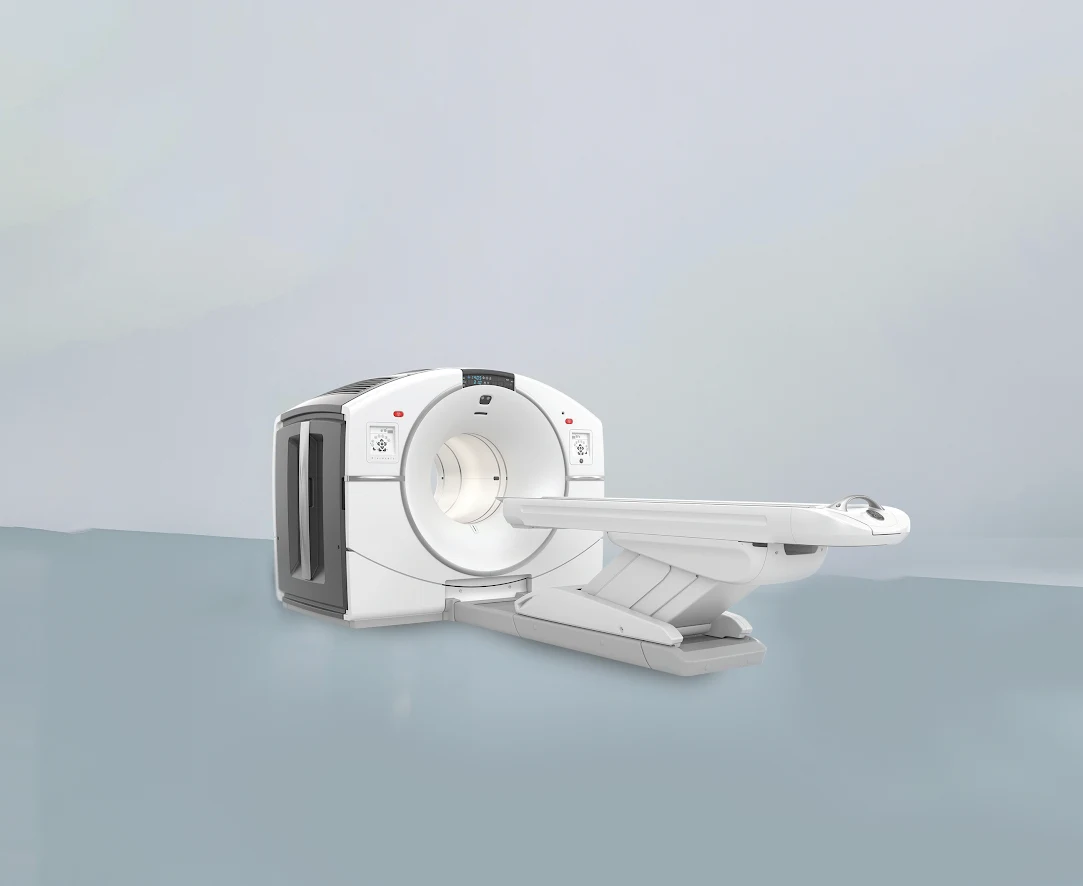
Ruby Hall Clinic has acquired country’s first “Time of Flight” PET-CT scanner in 2008.
PET-CT combines the strengths of Positron Emission Tomography (PET) with those of Computed Tomography (CT). This fusion imaging technology has revolutionized field of medical imaging by adding precision of anatomic localization to functional imaging.Particularly in Oncology; Cancer staging, surgical planning and radiation therapy have been changing rapidly under the influence of PET-CT.With this worldwide accepted “Ultimate in Cancer Diagnosis” technology, Ruby Hall Clinichas augmented its “Fight Against Cancer”.
PET/CT is a combination of a PET scan and a CT scan obtained at one time and by a single piece of equipment. CT produces a detailed anatomic map of the body and shows structural abnormalities in minute detail while PET produces metabolic map of body by injecting a radioactive tracer and tracking its distribution into the body and thus can identify chemical and physiological changes related to metabolism. This is important since the metabolic changes shown by PET often occur before structural changes develop. So PET is able to detect certain diseases before other imaging modalities by visualizing the metabolic processes occurring in the body.
“The PET scan at Ruby Hall Clinic, is the most advanced Cancer diagnosis technology across the world.”
The Philips Gemini TF PET/CT scanner combines the latest Time-of-flight PET technologywith a state-of-the-art 16 slice CT scanner.Fast and accurate scanning with least radiation exposure, are features of the TOF PET scan at Ruby Hall Clinic. In addition, the whole body PET CT scan is finished just in 12 min. It’s an OPEN PET CT gantry, which means there is no claustrophobia (Fear of closed places) as there is no long tunnel in which the patient has to go for scanning.
PET-CT in Oncology
PET/CT is particularly effective in identifying whether Cancer ispresent or not, if it hasspread, if it is responding to treatment and if a person is Cancer free after treatment.
Early Detection: Because PET/CT images biochemical activity, it can accurately characterize some tumors as benign or malignant, thereby avoiding surgical biopsy when the PET/CT scan is negative.
Staging of Cancer: PET/CT is extremely sensitive in determining the full extent of disease, especially in lymphoma, malignant melanoma, breast or lung Cancers. Confirmation of the presence or absence of metastatic disease allows physician to more effectively decide how to proceed with the patient’s management.
Checking for Recurrences: PET/CT can differentiate tumor recurrences from radiation necrosis or post-surgical changes and thus useful in deciding more rational treatment plan for patient.
Assessing the Effectiveness of Therapy: The level of tumor metabolism is compared on PET/CT scans taken before and after a chemotherapy cycle. PET/CT can provide important information about the effectiveness of a chemotherapy.
PET-CT scans are used for many types of Cancer. From the research, we know that in some Cancers PET-CT scans can help to:

